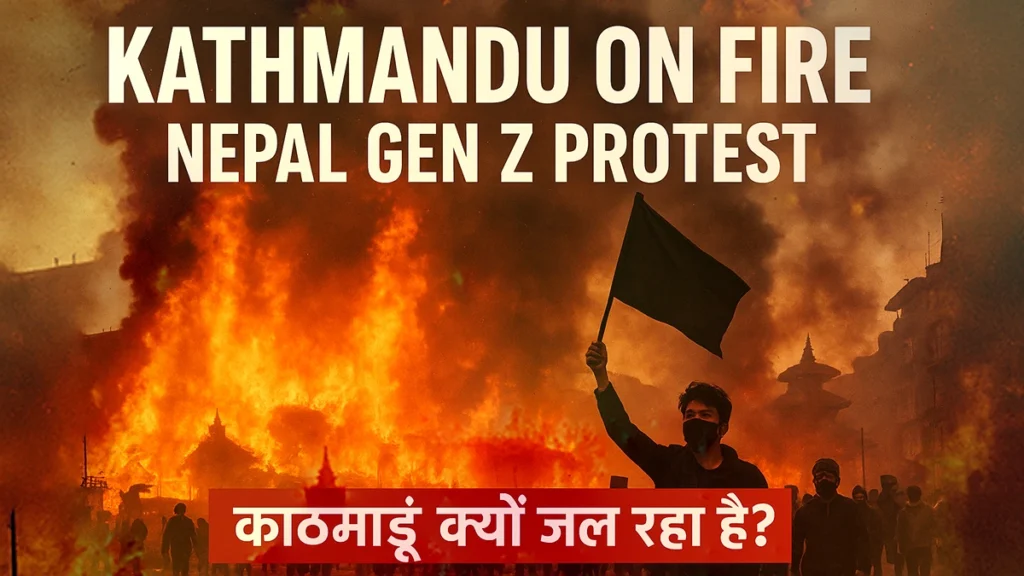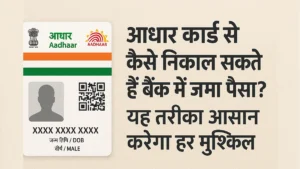Kathmandu Fire: Why Nepal’s Gen Z Has Taken to the Streets
Nepal’s capital has been engulfed in unprecedented turmoil. The Kathmandu fire, sparked by enraged youth, is not just about flames and destruction—it is about an entire generation demanding change. On September 9, protests led by Gen Z escalated into full-scale confrontations with the state, leaving government buildings, party offices, and even the homes of former Prime Ministers in ashes.
A Generation’s Breaking Point
The tipping point came a day earlier when police opened fire on young demonstrators, killing 19. That tragedy poured fuel on already simmering anger. By Tuesday, Kathmandu was ablaze, and the Oli government collapsed under pressure. Prime Minister K P Sharma Oli resigned, while President Ram Chandra Poudel disappeared from public view, sheltered under Army protection.
The Kathmandu fire is more than a literal blaze—it symbolizes a political system in ruins. Ministers were attacked, helicopters rushed to evacuate officials, and curfew orders failed to contain the fury. For many, the state appears to have disintegrated overnight.
Who Are the Protesters?
Most of those filling the streets are Gen Z—young Nepalis who grew up online, who understand global politics, and who are no longer willing to accept corruption as the status quo. Their organizing power came from social media. In particular, Facebook pages like Next Generation Nepal became rallying points, highlighting the depth of political decay and corruption. What began as digital dissent has now exploded into street-level resistance.
Why Are They Angry?
At the heart of the rage is frustration with entrenched leaders accused of siphoning resources, mismanaging the economy, and silencing dissent. Nepal’s youth see no future under a system dominated by recycled politicians who fail to deliver. The Kathmandu fire represents a last resort—when peaceful calls for reform were met with bullets.
The Road Ahead
As smoke still lingers over Kathmandu, the question remains: can Nepal’s leaders rebuild trust with the very generation that just tore down their institutions? What is clear is that this uprising is not a fleeting outburst—it is a generational reckoning, and Nepal’s future will be reshaped by the anger, energy, and demands of its youth.




